Category: Rights in crisis
We work with people around the world, affected by conflict and disaster.
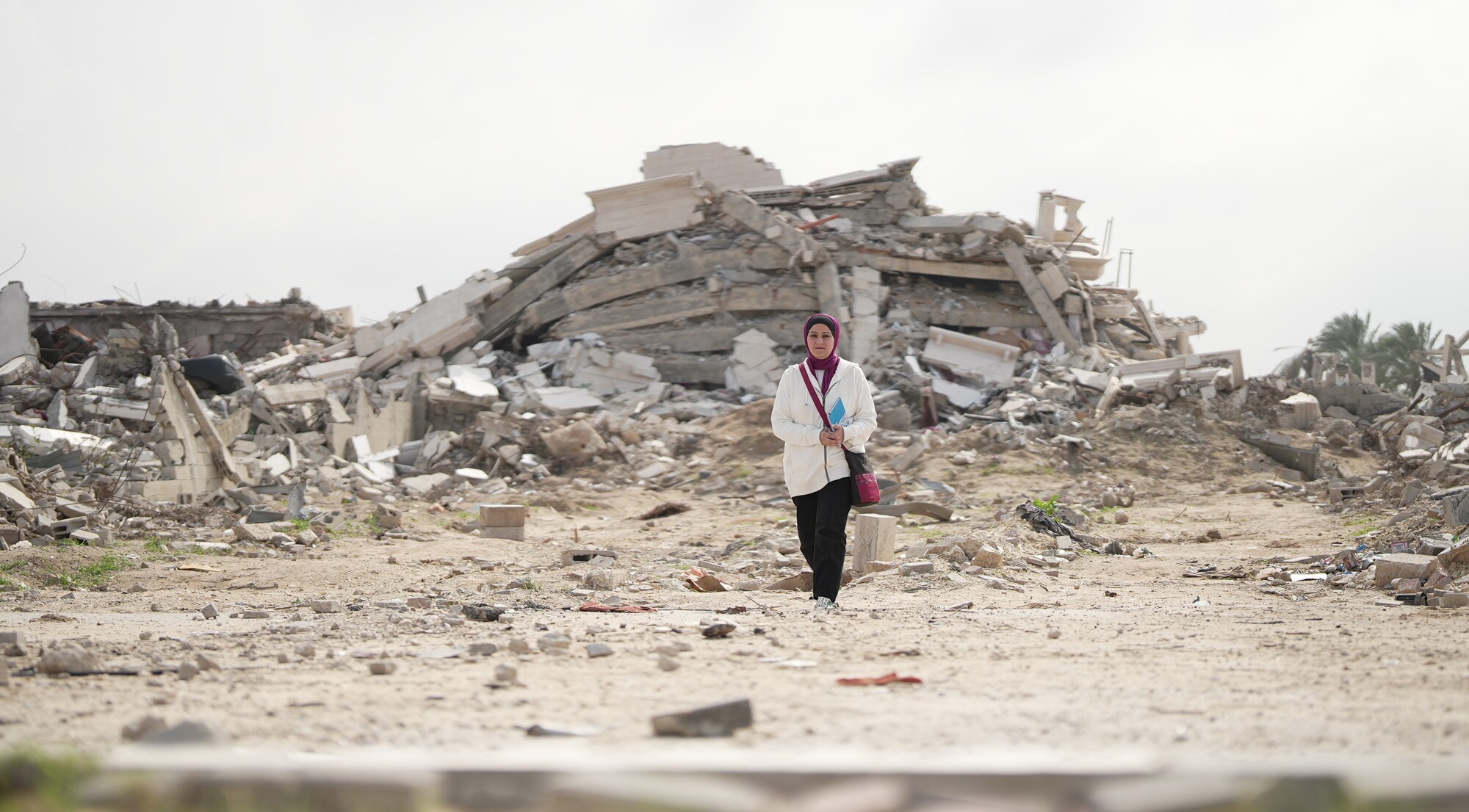
What the women of Gaza want you to know this International Women’s Day
/
This Friday 8 March is International Women’s Day. It’s a day to honour women and their achievements while noting that our society is still not a safe, equal place for women. This is especially true for women living through humanitarian crises. In times of crisis and conflict, women face unique challenges. These can include an […] Read more »
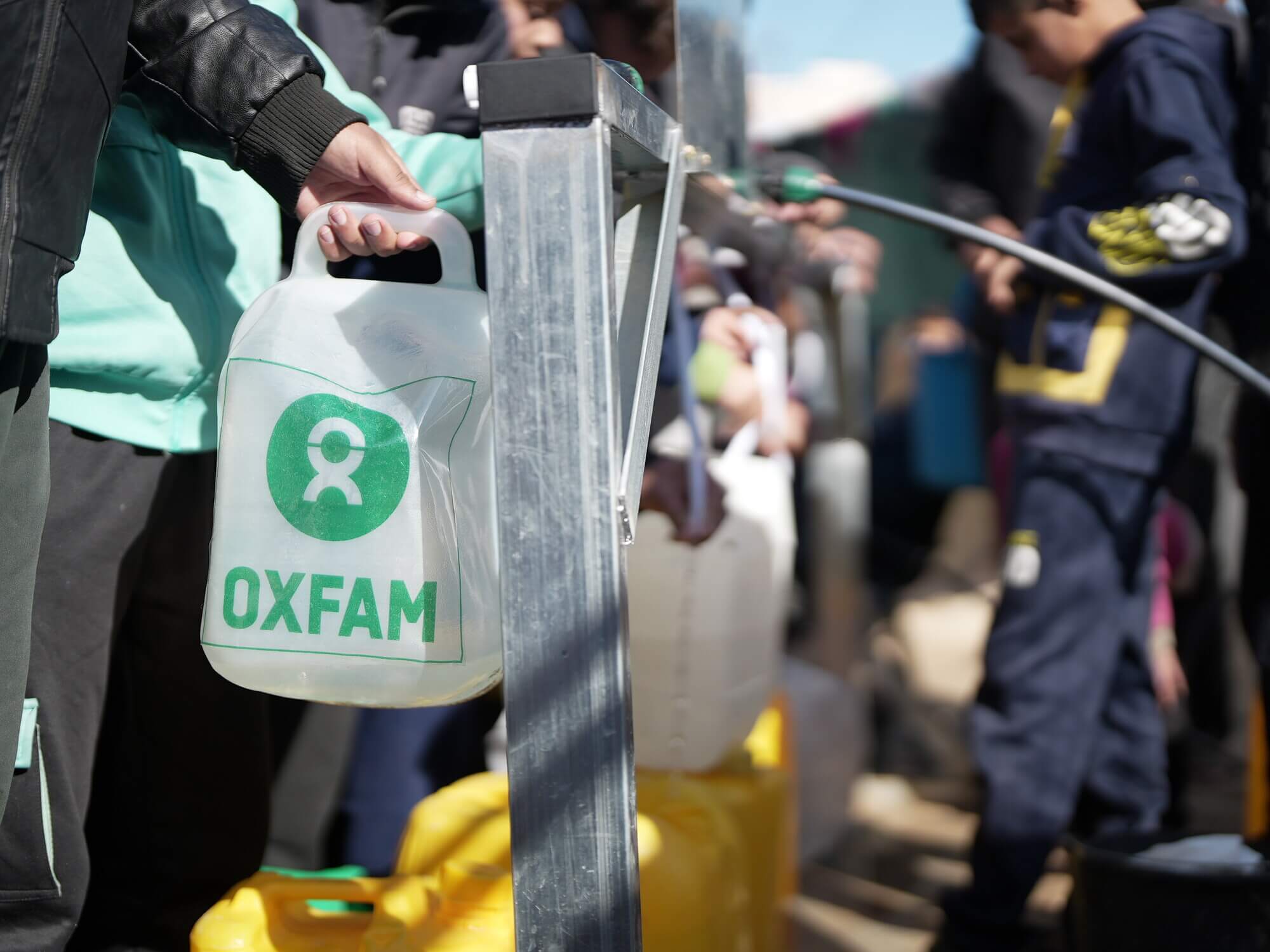
The current situation in Gaza
/
The ongoing conflict in Gaza has now displaced over 1.9 million people — in many cases, more than once. Deprived of the basics like clean water and food, disease and starvation are deadly risks. Here’s the latest update on life in Gaza, and what your support has helped deliver so far. As of last week, […] Read more »

Youth voices from 15 years of the Gaza blockade
/
2022 marks 15 years of the Gaza blockade, which continues to prevent young people from achieving their dreams and living full lives. Read more »
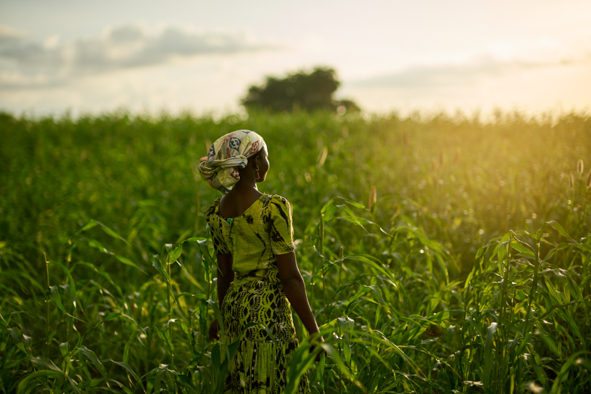
Analysis & Opinion Blogs Campaigning for change Food & climate change Health Inequality Rights in crisis
Beyond Covid-19: could we create a more sustainable world?
/
What will the world’s response to the COVID-19 crisis mean for the two defining and interconnected challenges of our age: climate change and global inequality? Read more »
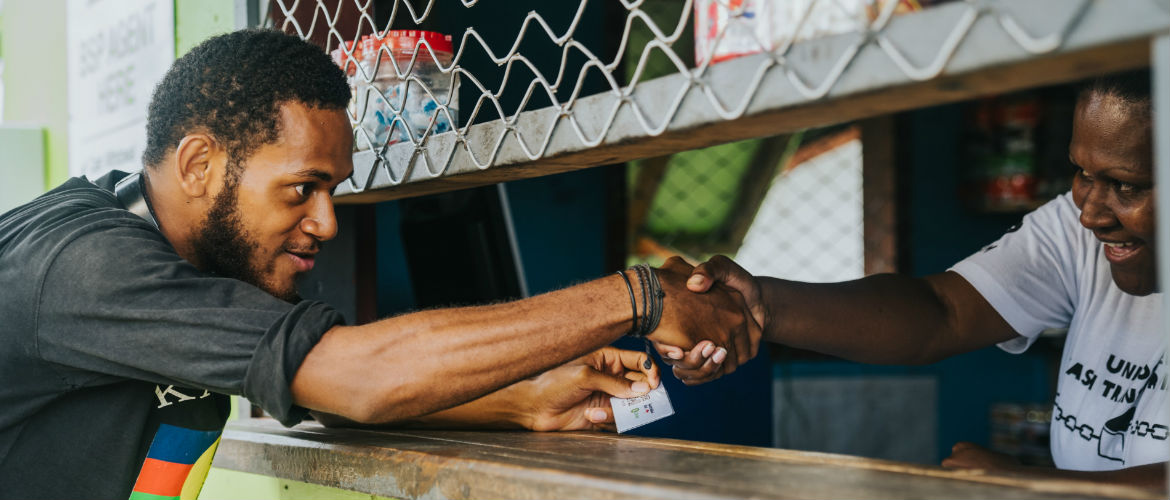
Turning your emergency donation into instant aid with Blockchain
/
New Blockchain technology has the potential to deliver emergency cash transfers in a faster, cheaper and more transparent fashion than ever before. Read more »
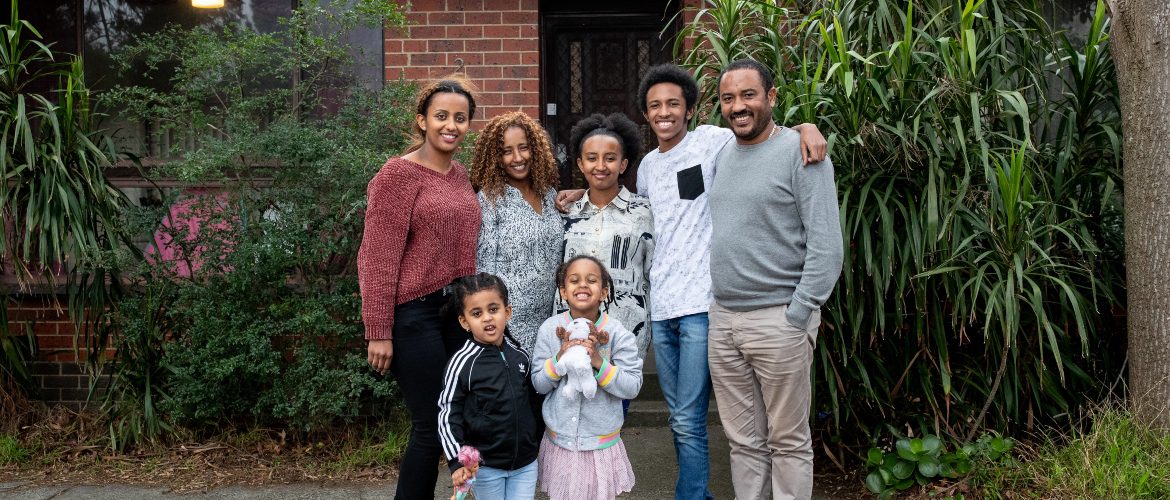
Dabessa’s Story
/
Dabessa and his wife Lelisse are members of the Oromo ethnic community in Ethiopia. After nine long years of persecution, separation and uncertainty, their family was reunited in Australia in 2013. Read more »
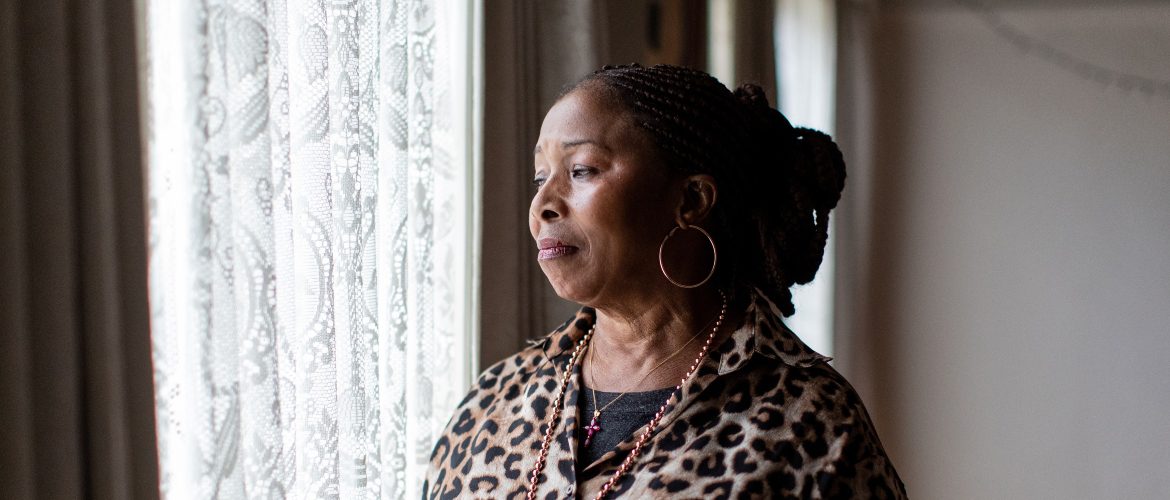
Lucy’s Story
/
Originally from South Sudan, Lucy has lived in Australia since 1991. She was separated from her three-year-old daughter Susan in 1988 due to civil war in Sudan. They were eventually reunited in Australia in 1994. Read more »
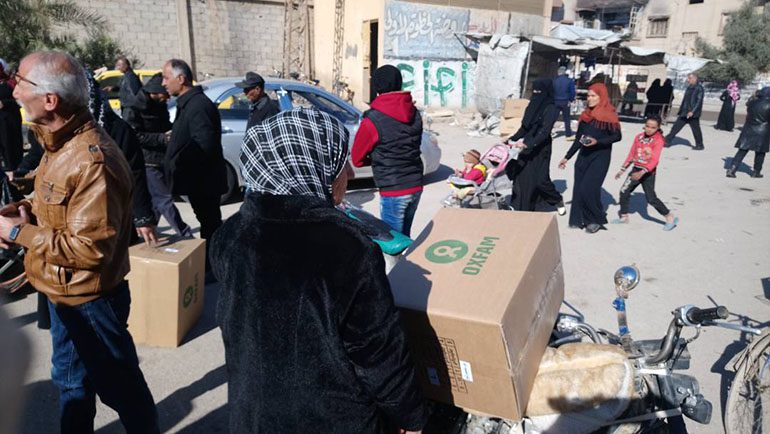
Syria: Civilians in urgent need as violence escalates in Ghouta
/
“I can hear children crying as they listen to the thunderous shelling and mortars”. Moutaz Adham, Oxfam’s Country Director, Syria shares his view of the escalating Syrian crisis from on the ground in Damascus. Read more »
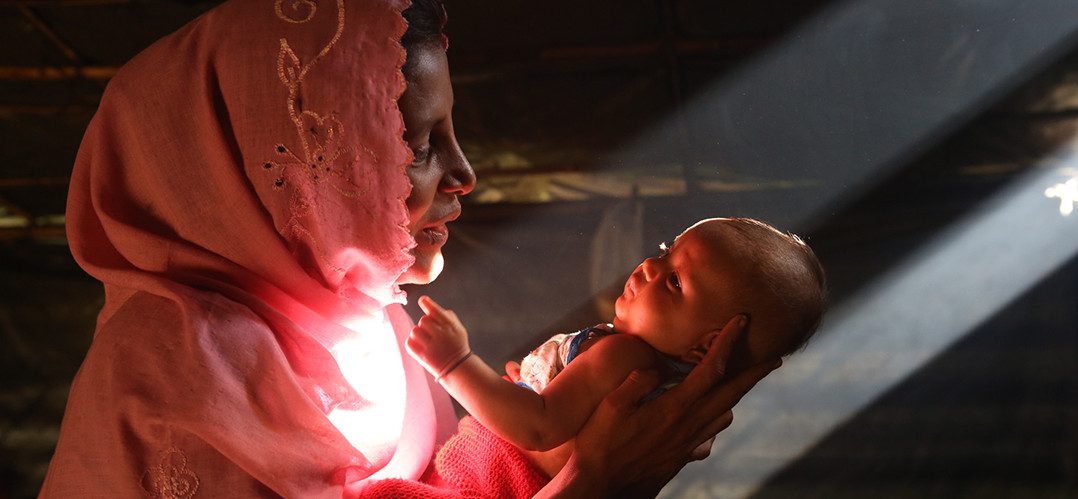
Rohingya refugee mothers tell their story
More than half of the 626,000 Rohingya refugees in Bangladesh are women and girls. There are 120,000 pregnant women and new mothers. Shompa*, Marjina* and Kahinoor* are three such women.
These are their stories. Read more »
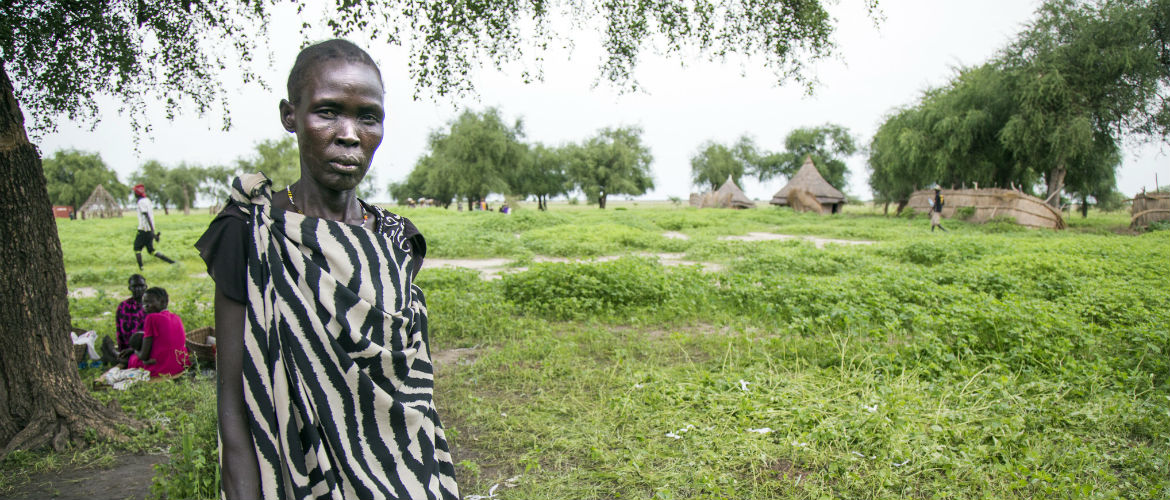
The latest push for peace in South Sudan: we must end this war.
/
It’s been five years since civil war broke out in South Sudan. Earlier this year, Oxfam International’s Executive Director, Winnie Byanyima, visited the country and met some of the strong, hard-working, self-sacrificing women who have been turned into widows and beggars by the conflict. Read more »